Can we end killing, harassing, arresting journalists?
Highlights
- The West Nile sub-region has documented over 20 cases of arrests, harassments of journalists since 2014
- At least 1,623 journalists have been killed worldwide in the 32 years since our colleagues at CPJ started tracking and documenting their deaths
By Clement Aluma
Impunity for crimes against journalists – especially the killing of journalists – is a major threat to press freedom worldwide.
Over a decade after the UN declared 2 November the International Day to End Impunity for Crimes against Journalists, no one has been held accountable in nearly eight out of ten cases where a journalist was killed.
It is also unfortunate that some of our female colleagues face sexual harassments from the sources they go to cover. Can we respect them and their families?
To bring it home, I would like to take you through some cases that we registered since 2014.
The cases in West Nile at a glance
In 2014, reporter with Red Pepper, Andrew Amvesi was arrested on orders of an Officer in Charge Criminal department for Koboko district.
The OC CID was allegedly involved in a sexual scandal. He was released after intervention by members of West Nile Press Association without any charge.
On October 30, 2017, a reporter with Arua One Fm, Ronald Oguzu was attacked by the community members as he had gone to cover a land dispute in Vurra. He lost his four teeth in the process.
In January 2018, the Director of the West Nile Today Magazine, Osman Draga, was arrested on orders of the Woman MP for Maracha and was charged with Offensive Communication on social media.
He was released after spending two nights in the police cells. Draga previously served as Deputy Editor for Arua One Fm. His laptop and phones are still confiscated by police, hence stifling his work.
Freelance journalist in Adjumani, Amacha Goli, is still battling defamation cases at Arua High Court. HRNJ-U is providing legal support for the journalist.
The 2018 Arua Municipality by-elections saw some journalists arrested, intimidated and were trailed for some months due by the security personnel. This created fear and uncertainty over their lives and their families.
In 2020, two journalists, Felix Warom, Robert Ariaka and Presenter at Radio Pacis, Alfred Nyakuni were threatened by the former Deputy RDC for Arua for publishing story about the Nurse who wheeled a patient who was at point of death due to failure by the district taskforce to provide ambulance in time during the Covid-19 lockdown.
In 2021, Vision Group’s Emmanuel Ojok was arrested and detained as he had gone to cover a scuffle that ensued at the home of a politician in Nebbi.
In September 2022, Buuma Vincent a radio presenter of Rainbow Radio was beaten by the UPDF soldiers. The case is yet to be reported to UHRC.
In 2022, Journalist Scovin Iceta was arrested in Adjumani as he took pictures of policemen clobbering women in the town in the evening.
Just recently around May, I survived being lynched by a community in Jiako for covering the death of Lt Col. Edward Nyororo. I was variously accused by the mourners of being a spy for Al-shabaab, who killed their son.
Just recently, a colleague here, Fredrick Dramadri maybe he will tell us his story, but he was beaten. The case never progressed but he lost his job.
Whenever a journalist is killed, imprisoned or forcibly disappeared, the threat reverberates out beyond the individual
With support from our partners like African Centre for Media Excellence, the funders like Danish, Irish, Netherlands and Swedish Embassies in Uganda, we need to strengthen the collaborations to ensure there is free press and protection of journalists in West Nile and other regions in Uganda.
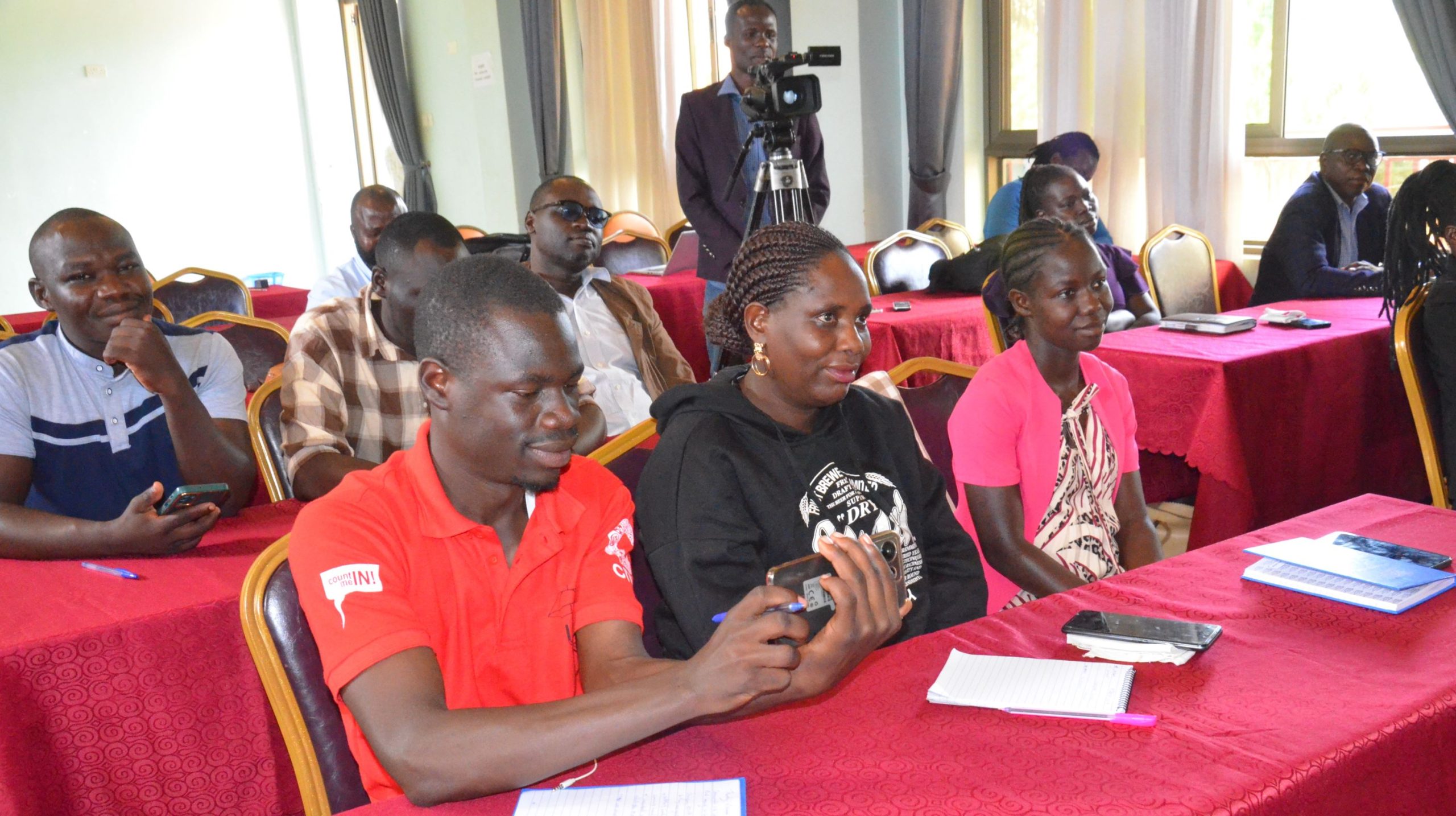
In danger: Some of the journalists attending a media dialogue to commemorate the Day to End impunity and crimes against journalists in Arua City on Wednesday. Image by Adiga Robert
Situation worldwide
At least 1,623 journalists have been killed worldwide in the 32 years since our colleagues at Committee to Protect Journalists (CPJ) started tracking and documenting their deaths.
That is an average of one per week, every single year. Between October 2023 and today, 126 journalists were killed in Gaza alone, setting a grim record for the fastest pace at which journalists have been killed in recent history.
Also Read: Do not kill, harm journalists – West Nile Press
Absence of accountability is absence of justice and sends a dangerous message to those out to silence journalists: don’t worry about the consequences – there is almost zero risk that you will be held accountable.
So today, we call on governments and authorities worldwide to honour their duty to protect journalists and media workers, address threats against them in both the digital and physical world and ensure and facilitate independent investigations of crimes committed against them.
Can we end impunity and crimes against journalists!
The Writer, Clement Aluma, is the Team Leader at West Nile Press Association
Tel: 0773 999077
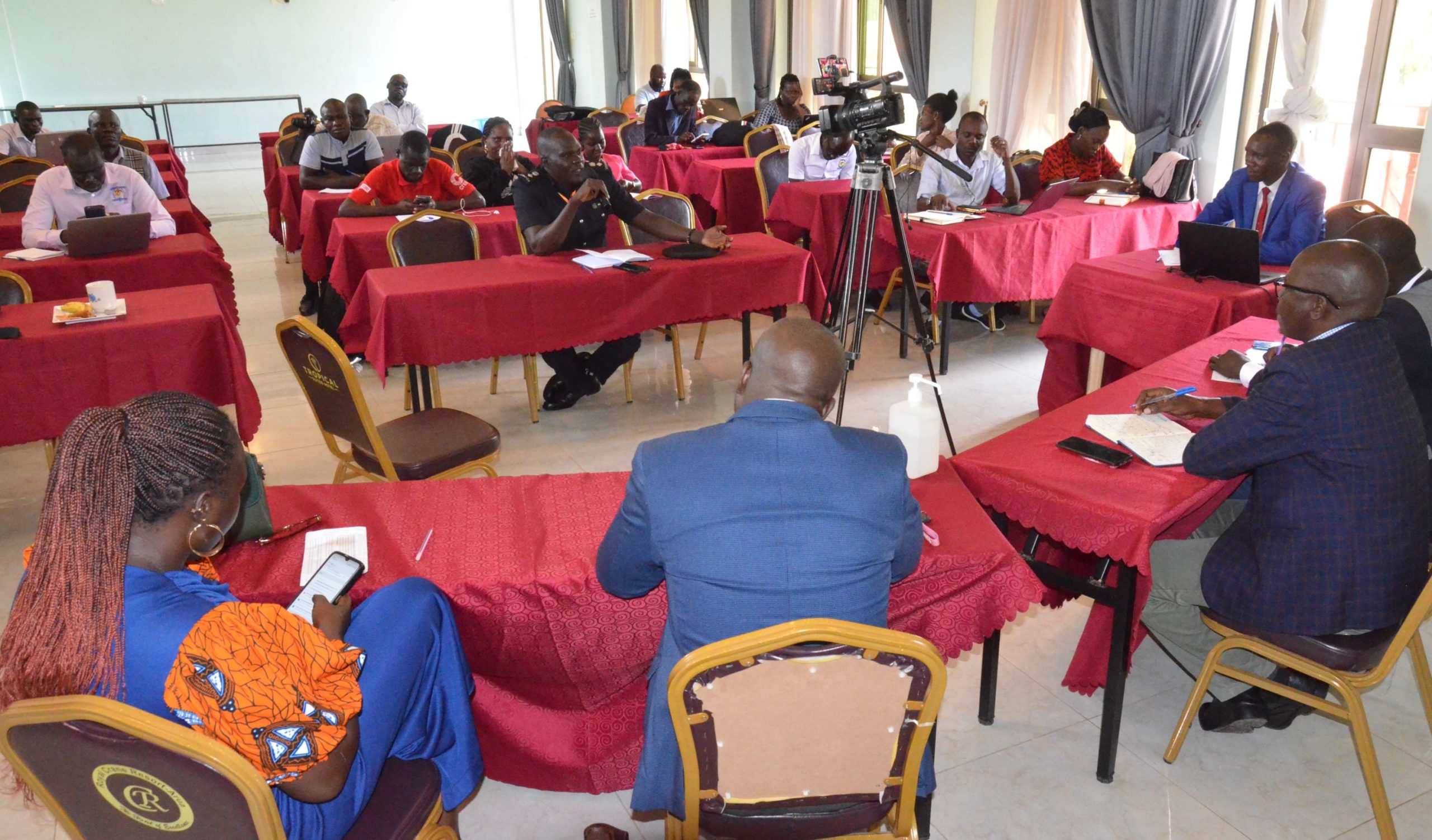
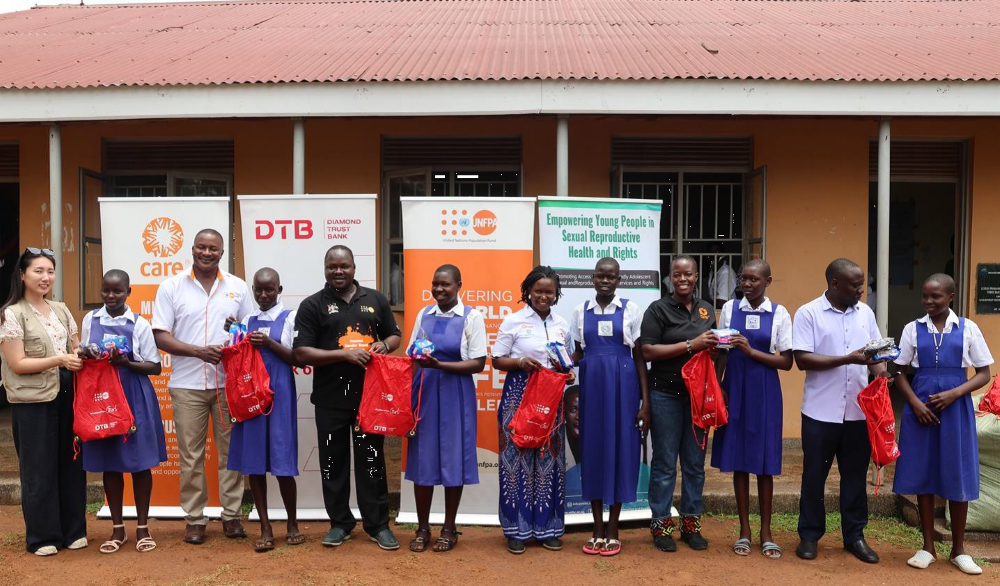


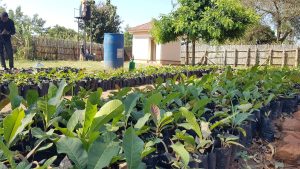

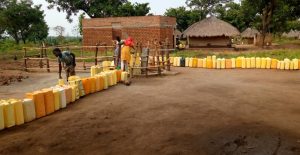
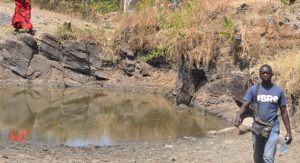



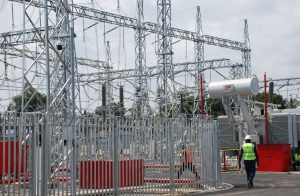
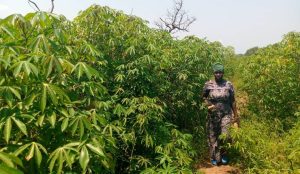
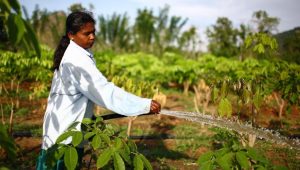
Post Comment